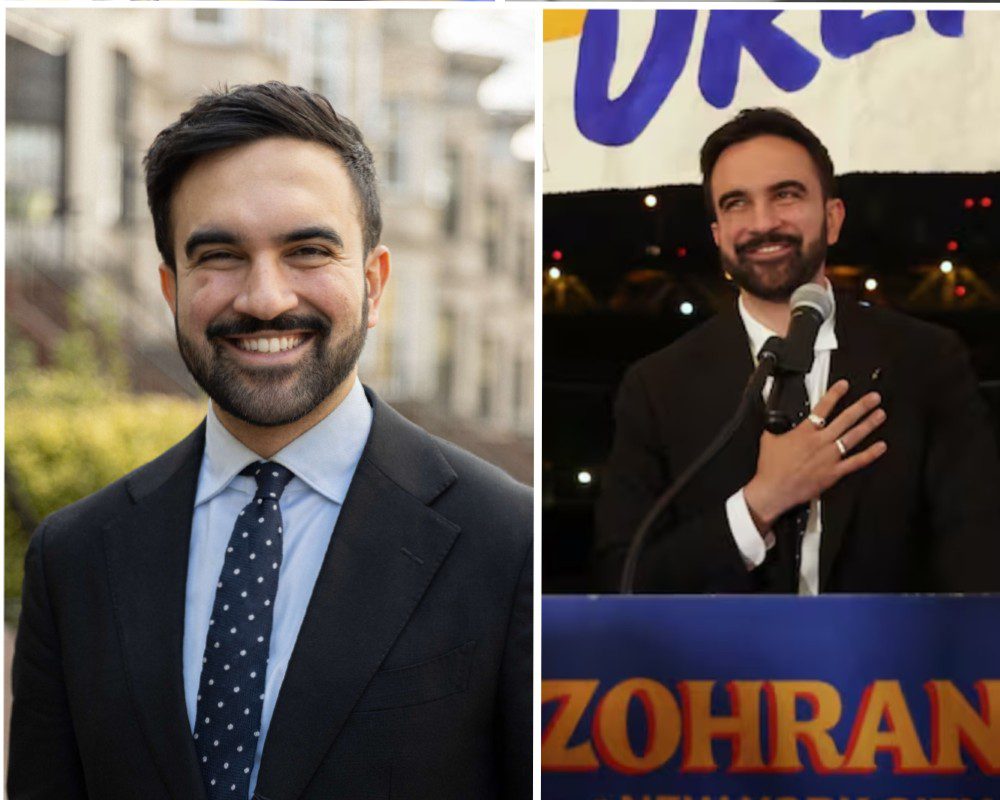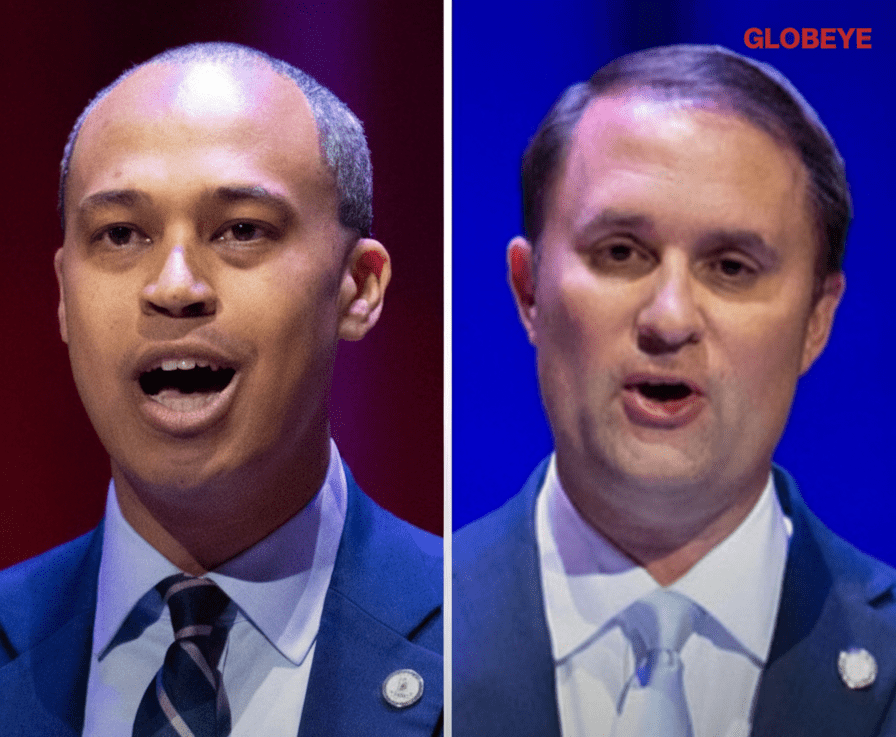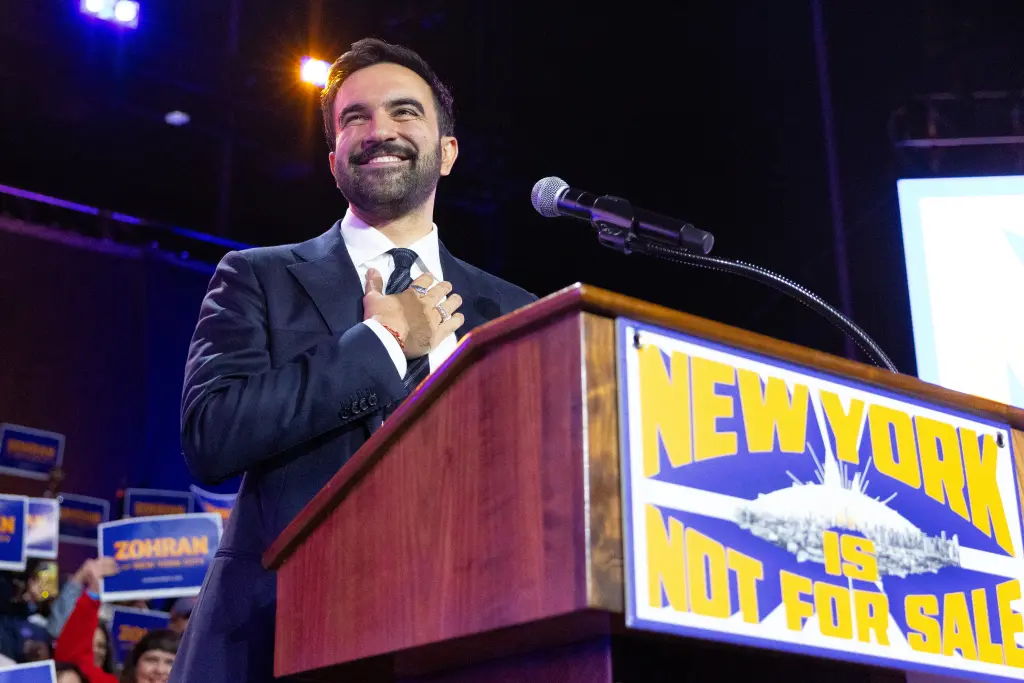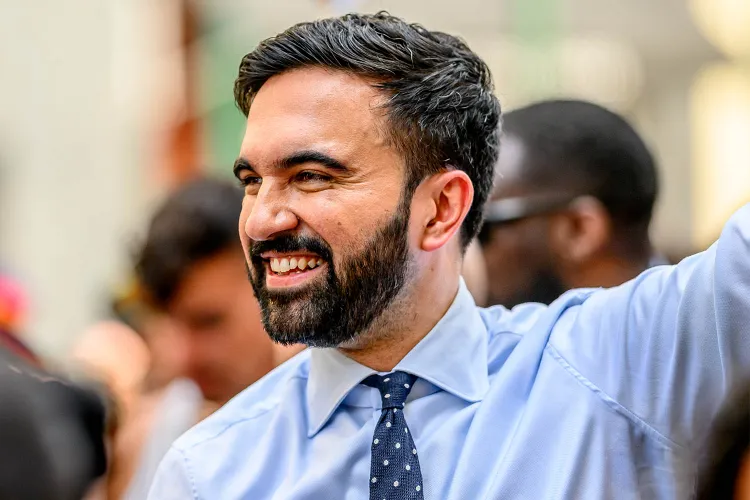New York Voters Choose a 33-Year-Old Muslim Socialist from Uganda – Here’s Why It Really Matters
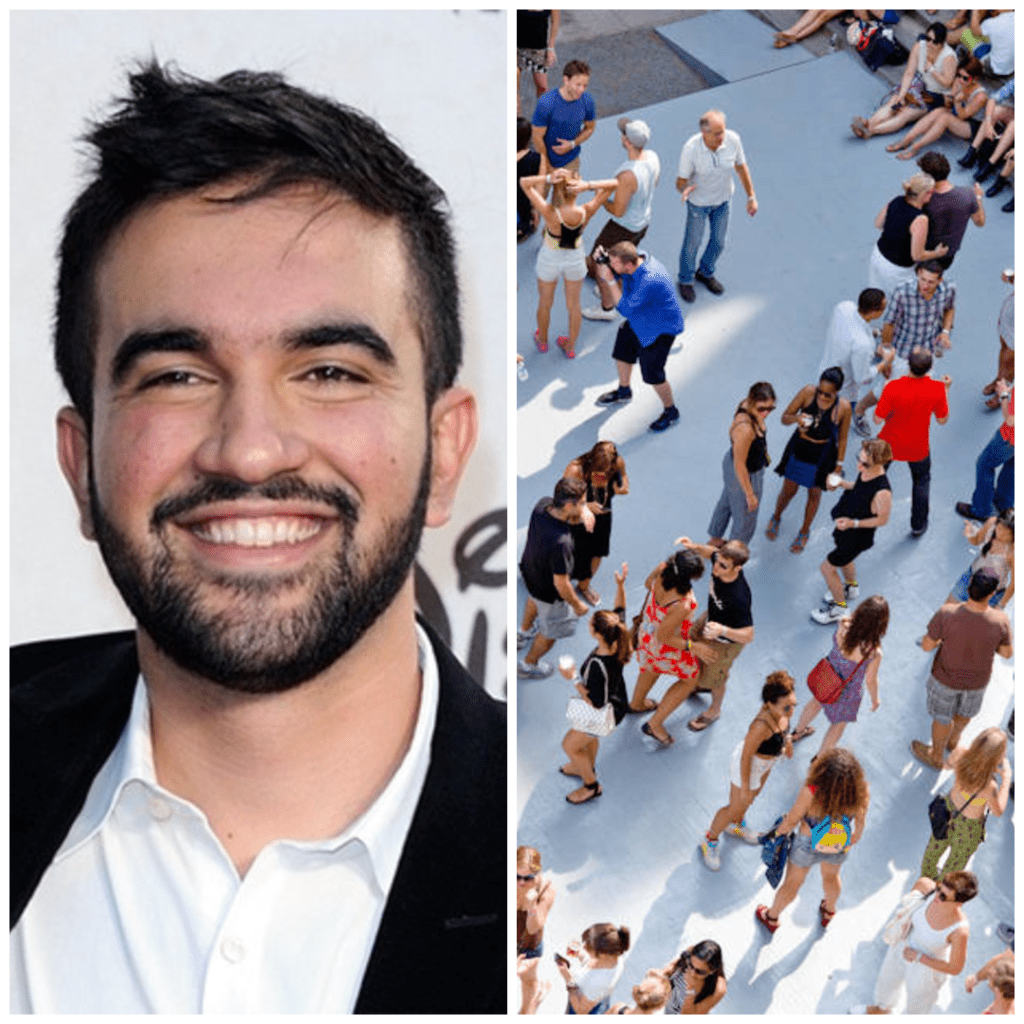
On a sweltering June day, millions of New Yorkers cast their ballots, and something unexpected began to unfold. Zohran Mamdani, a 33-year-old state assemblyman who immigrated from Uganda at age seven and became a U.S. citizen in 2018, surged to the front of the Democratic primary for New York City mayor. His victory over former Governor Andrew Cuomo wasn’t just an upset—it felt like a turning point.
Imagine a young leader, armed not with political lineage but with quiet determination. Picture him speaking in Queens, where he lives, in front of crowds of hopeful supporters—in their eyes, you see hunger for change. He speaks of affordable living, public transit without fares, and community-powered grocery stores—ideas once dismissed as radical, now echoing through city streets.
He’s introduced by progressives like Bernie Sanders and Alexandria Ocasio‑Cortez, standing alongside them with conviction. For many, that felt like the fresh breeze the city desperately needed. It felt close to something real and new.
More Than Just a Win on Paper
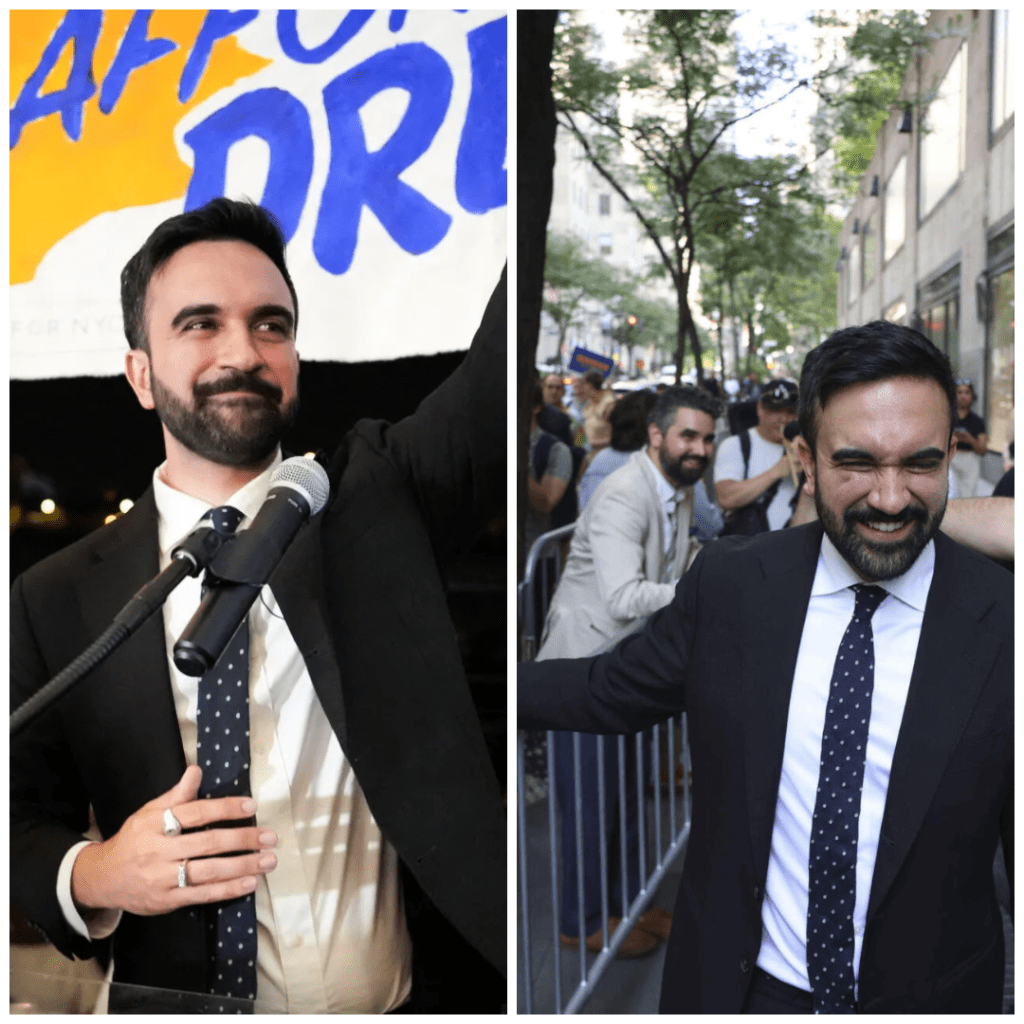
This isn’t just about a surprising politician beating an established name. It’s about identity and representation. Zohran Mamdani would be New York’s first Muslim mayor and the first of South Asian descent. In a city that’s been so shaped by immigration and multi-faith vibrancy, it feels like coming full circle.
He grew up in Uganda and New York, joined protests for global justice, and worked as a housing counselor before diving into politics. He didn’t just chase headlines—he built a reputation on the ground by helping families hold on to their homes. His roots tell a story of resilience and compassion, traits that Americans often say they want in their leaders.
But none of this came without resistance. As his campaign gained steam, critics pointed to his pro‑Palestinian activism and some of his past remarks. Some accused him of radicalism, while others amplified fears around religion and ideology. Ads circulated that edited his beard to look more extreme. Skeptics questioned whether he was prepared for real leadership. His critics used phrases like “a Muslim socialist from Africa” to make him feel foreign—even though he’s lived half his life in the U.S. and earned that chance to lead.
But when Andrew Cuomo conceded—not just conceding defeat but acknowledging Mamdani by phone—the narrative shifted. It wasn’t a token name victory. It was a mandate. New Yorkers had chosen a path forward.
What this means is complex. It’s not just policy ideas or political branding. It’s the feeling that leadership can come from unexpected places, that the mayor’s office might soon be headed by someone whose own story mirrors that of millions in the city.
So what’s next?
In August, after ranked-choice ballots are tallied, Mamdani’s name will head into the general election. If he wins in November, he’ll be the mayor of the largest city in the U.S. He’ll take office amid divided global issues, urban challenges, and shifting politics. This isn’t just a win for one candidate. It’s a milestone for representation. It’s a sign that New York is reshaping itself around hopes not just for change, but for leaders who look and live like the city itself.
